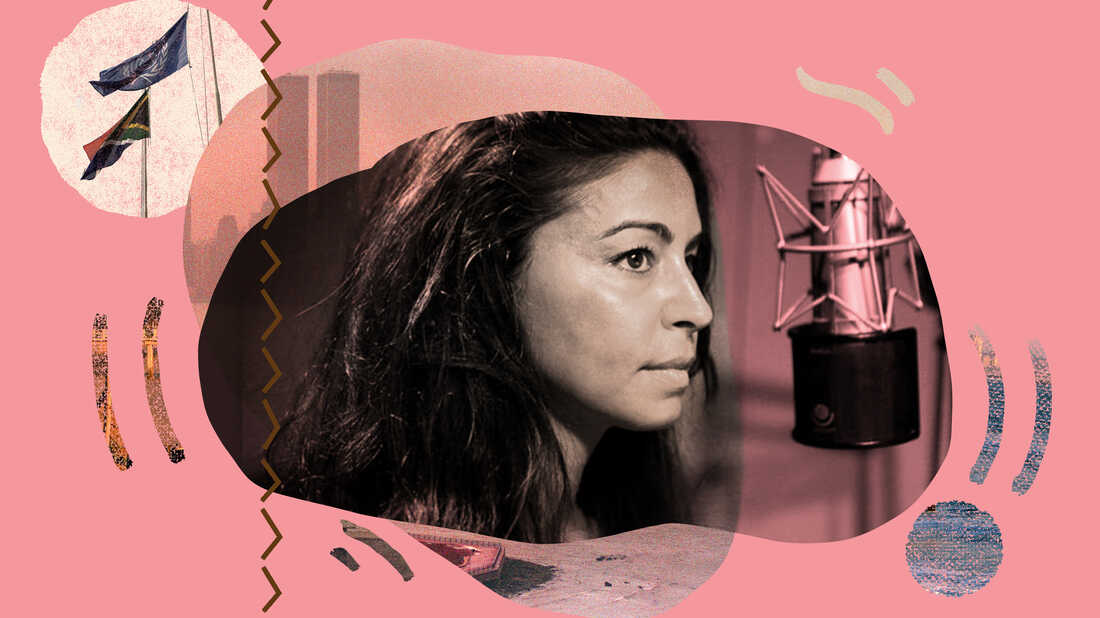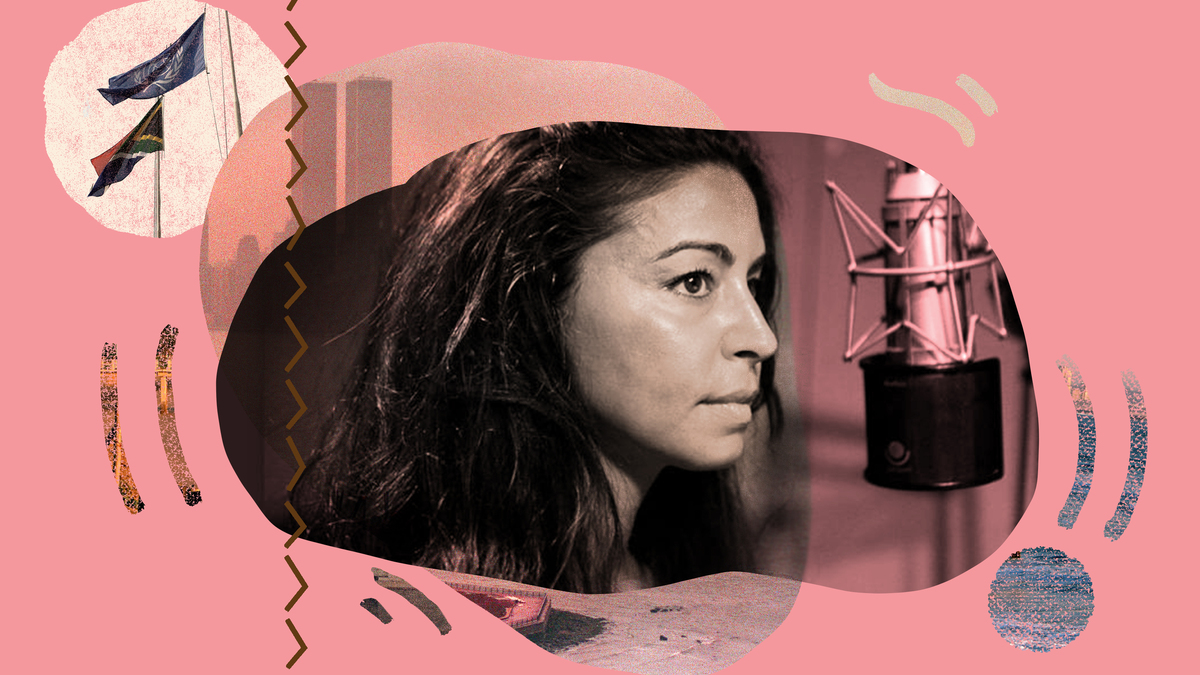

Twenty years ago, during the dog days of summer, a fledgling journalist named Shereen Marisol Meraji — maybe you've heard of her? — headed to Durban, South Africa. Her mission: to report on the meeting of thousands of organizers and ambassadors at the United Nations Conference Against Racism.
The conference, Shereen says, helped her develop a global sensibility, learn about the interconnected struggles of people of color around the world, and foster a sense of optimism about what the future held when it came to dismantling racism.
Then, days after the conference ended, that sense of optimism was abruptly wiped away.
On this special episode of NPR's Code Switch — the last that will be co-hosted by Shereen — they're taking a look back at that conference, the issues that racial justice advocates were fighting for, and the day the world changed.

 Live Radio
Live Radio